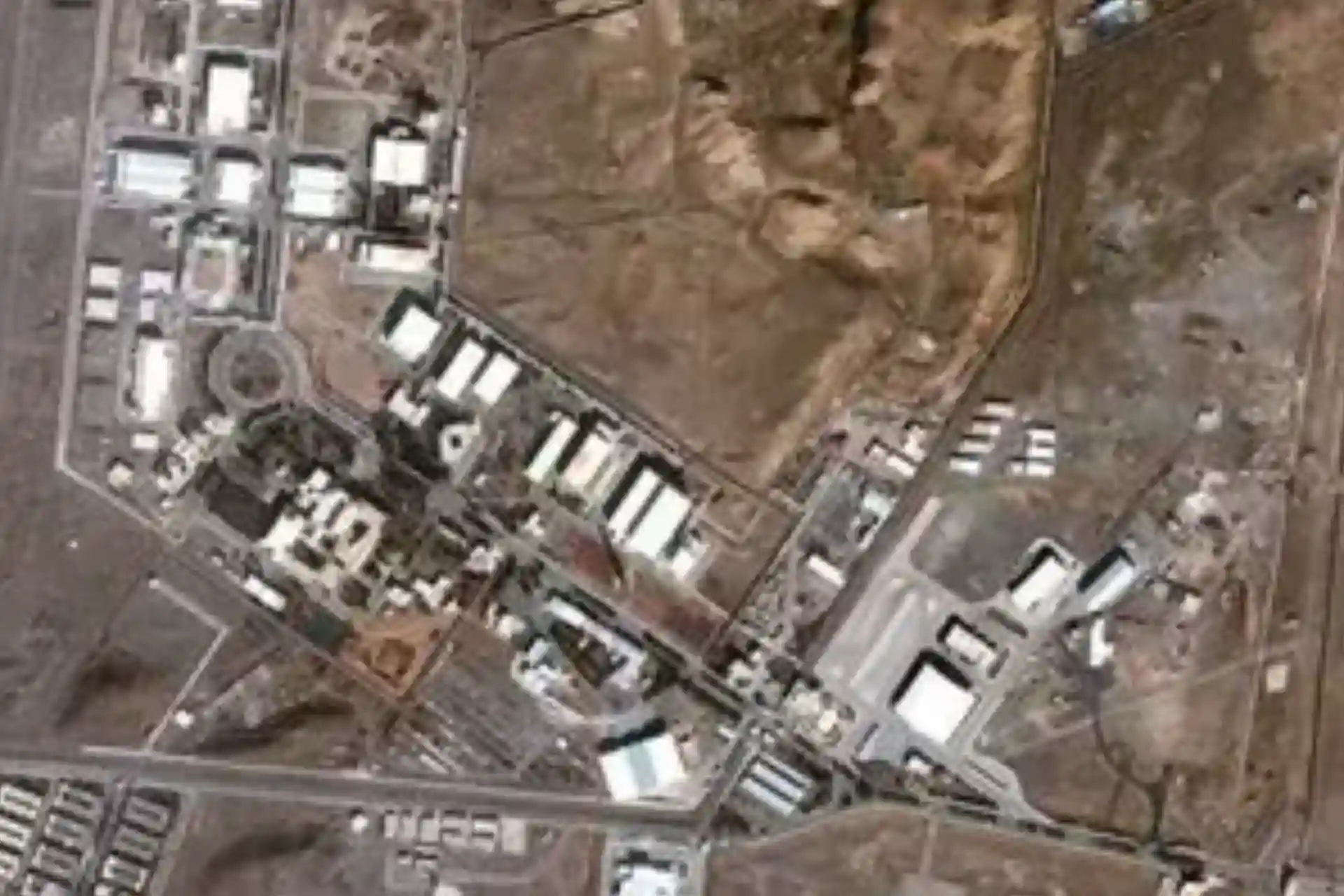13.06.2025 14:24
1054
Can Israel Destroy Iran's Underground Nuclear Facilities?
Tensions between Iran and Israel are rising. On Friday morning, reports emerged that Israel had carried out airstrikes on several key sites in Iranian territory. This incident is causing serious discussions among international experts and analysts.
Al Jazeera analyzed this complex situation with military analyst General Fayez al-Duwarey.
xxx
According to General Fayez al-Duveri, Iran's nuclear facilities are located deep in the mountains, making it much more difficult for Israel to target and destroy them. At the same time, Tel Aviv faces serious logistical obstacles in carrying out such strikes.
Duvery gave an interview to Al Jazeera on the eve of the Israeli military strike, in which he stated that the only bomb capable of destroying Iran's nuclear facilities at Natanz, Fordo, and Orak is the GPB-57, and that Israel does not have the aircraft capable of carrying this bomb.
The military expert said that the F-35 and similar aircraft cannot carry this bomb, only US strategic bombers can carry it. This bomb can penetrate a 60-meter layer of reinforced concrete, and an additional 60 meters of rock, that is, it has the ability to reach underground nuclear facilities.
Israel launched a large-scale airstrike on Iran early Friday, reportedly targeting nuclear facilities, ballistic missile production facilities, air defense systems and senior military personnel. Israel called the operation "a long-term operation launched to prevent Tehran from developing nuclear weapons."
At the same time, the International Atomic Energy Agency, citing Iranian officials, said that the Bushehr nuclear power plant was not attacked, and the Fordo nuclear center has not yet been affected by the Israeli strikes.
The agency also reported that no increase in radiation levels was observed at the Natanz nuclear facility, which was targeted by Israel.
However, the Yedioth Ahronoth newspaper reported, citing security sources, that the Israeli army had destroyed the nuclear facility in Natanz.
A few days ago, the head of the International Atomic Energy Agency, Rafael Grossi, said that Iran's nuclear capabilities could not be destroyed with a single strike, adding that he had visited the facilities several times and that to access them, one had to descend through a deep spiral tunnel.
Against the backdrop of these events, the US television channel ABC News reported that the United States may provide Israel with logistical assistance and intelligence.
SBS, citing a US official, said the Trump administration was considering supporting Israel's military operation, but would not take the lead. This support could come through aerial refueling or intelligence sharing.
The Israeli military said dozens of fighter jets launched an initial strike on Iran, followed by additional attacks.
According to a statement released this morning, more than 200 aircraft attacked Iran, hitting about 100 targets in various parts of the country and using 300 bombs. The Israeli air force is also said to be continuing to strike nuclear facilities in Iran.
Israeli Prime Minister Benjamin Netanyahu, who is wanted by the International Criminal Court, called the strike "a defining moment in Israel's history." He said the ultimate goal of the unprecedented operation was to destroy Iran's nuclear infrastructure.
Israeli Defense Minister Israel Katz announced that the army had achieved great success, specifically targeting Revolutionary Guards, military and intelligence leaders, and nuclear scientists.
Minister Katz emphasized that the army is continuing operations to destroy Iran's nuclear program and eliminate threats to Israel.
Source: Al Jazeera



